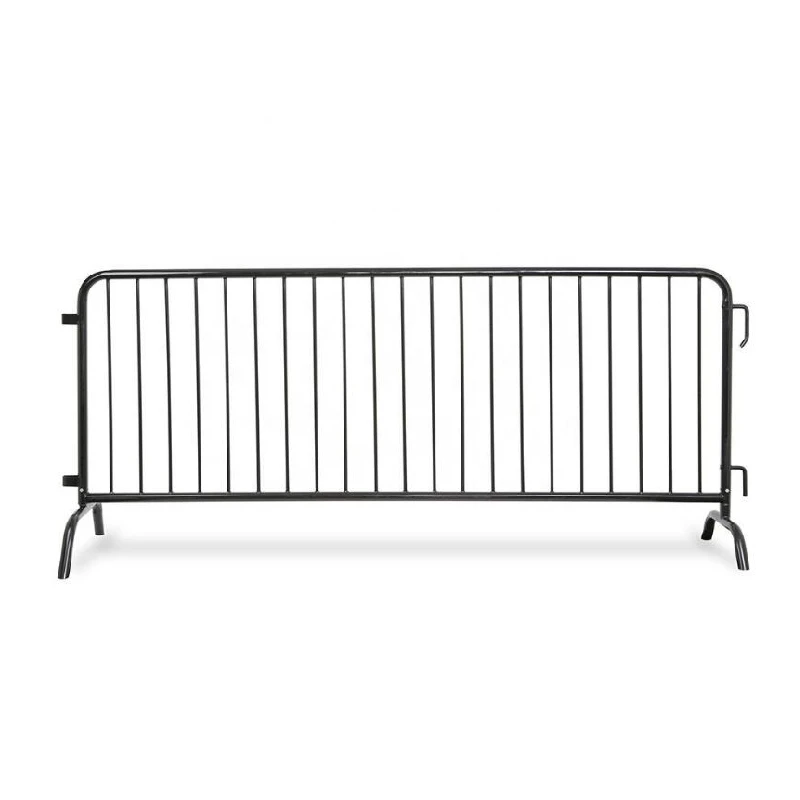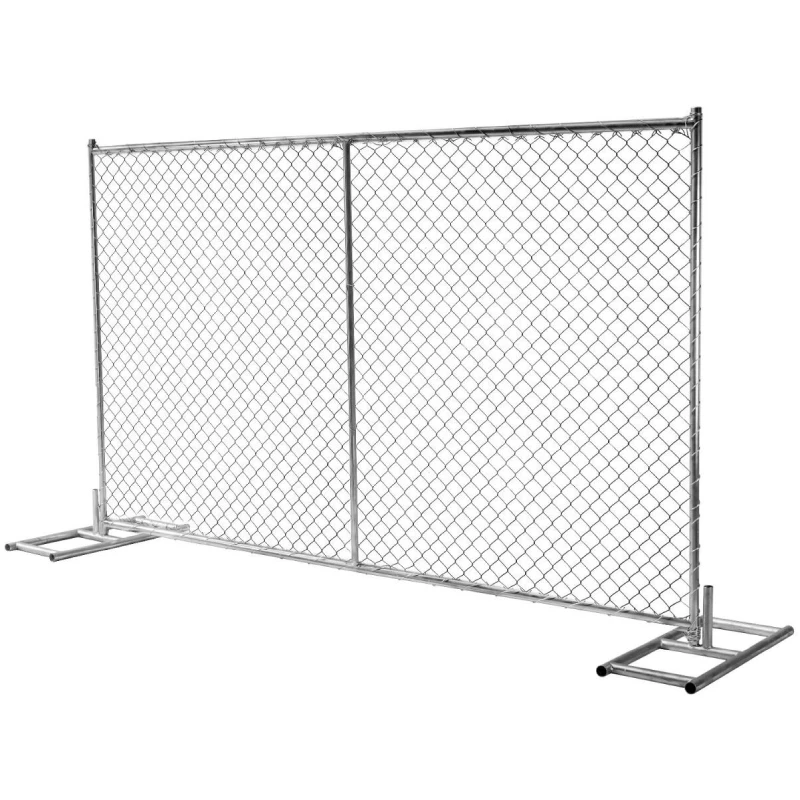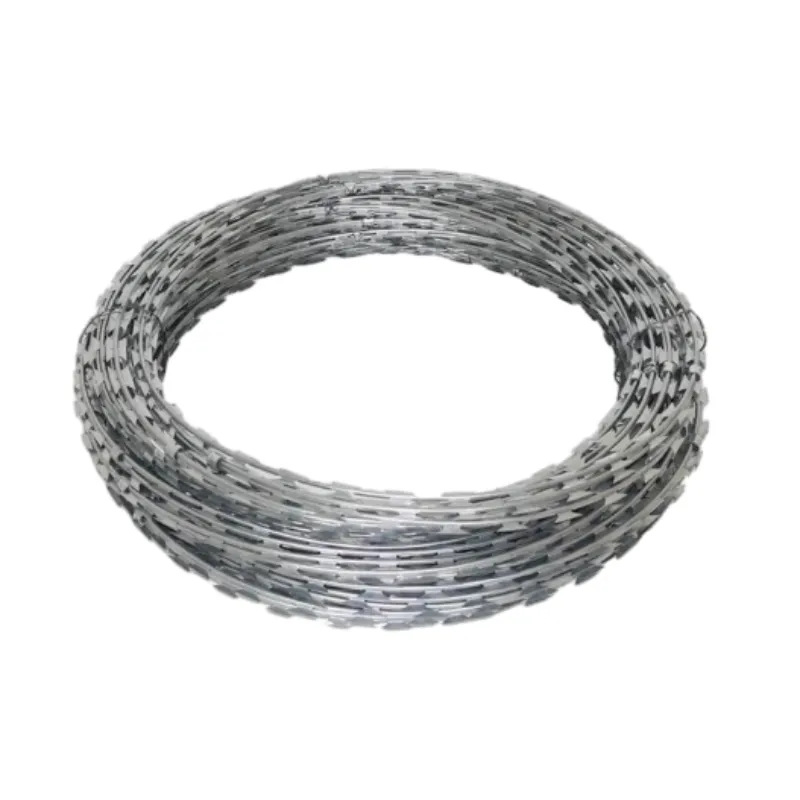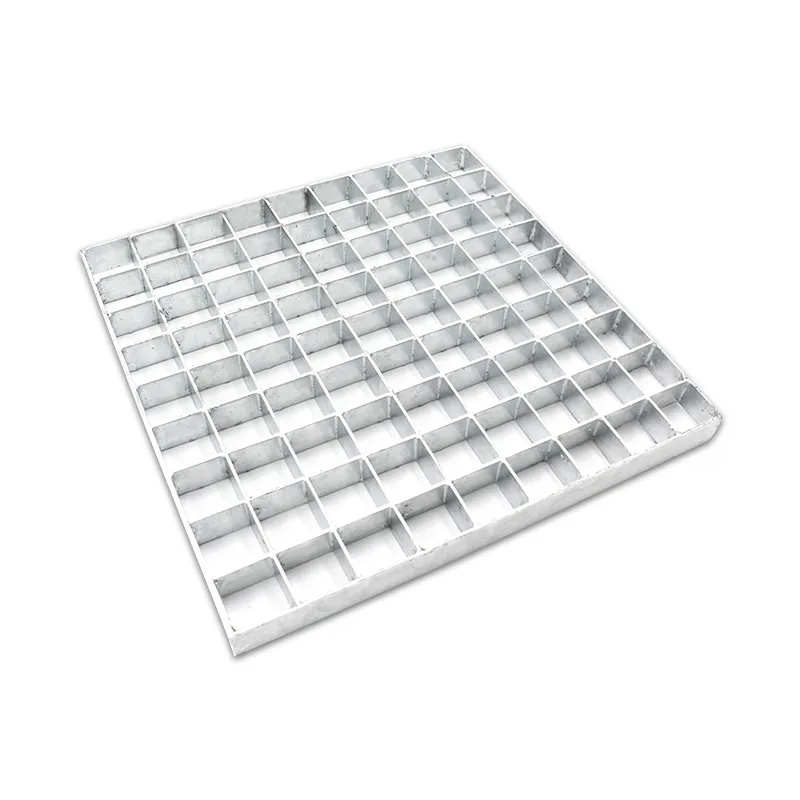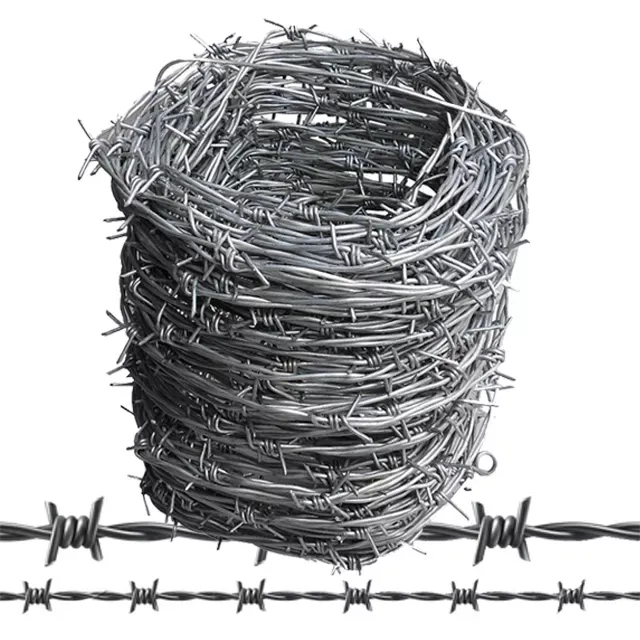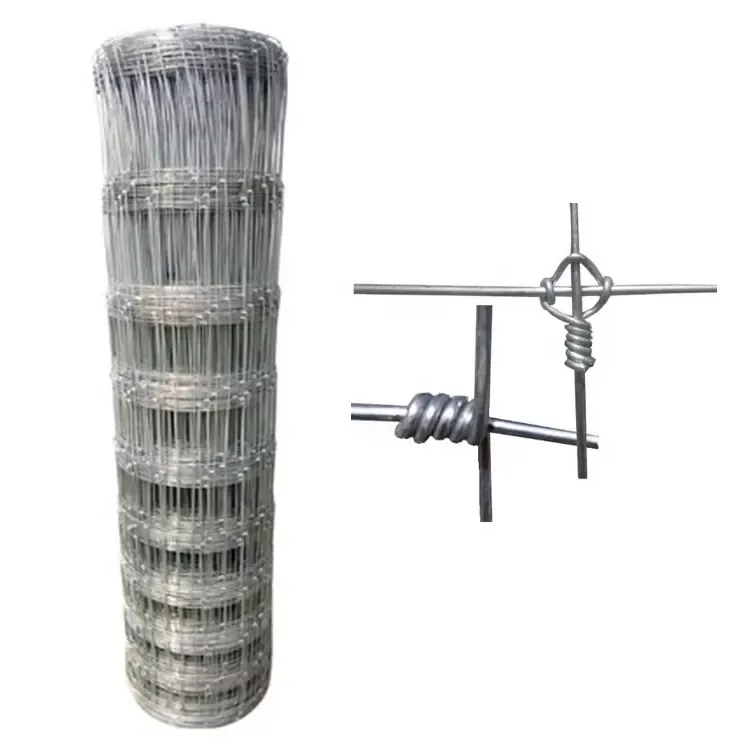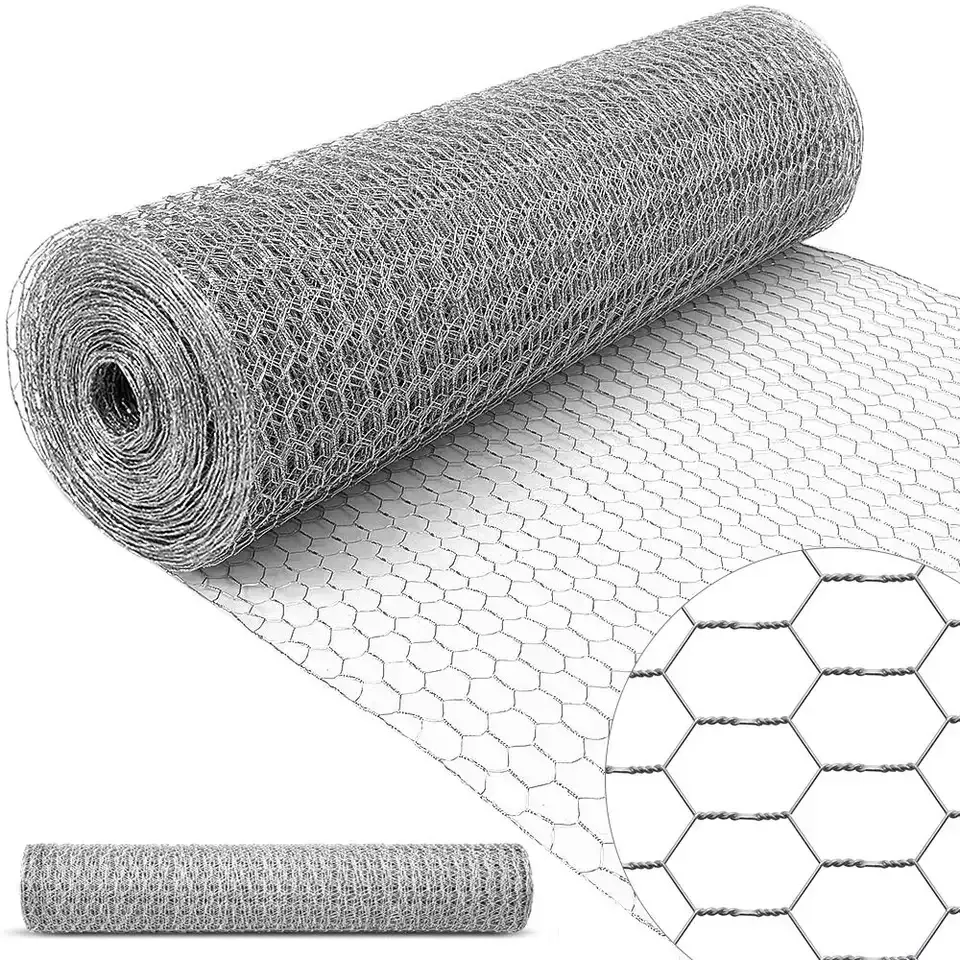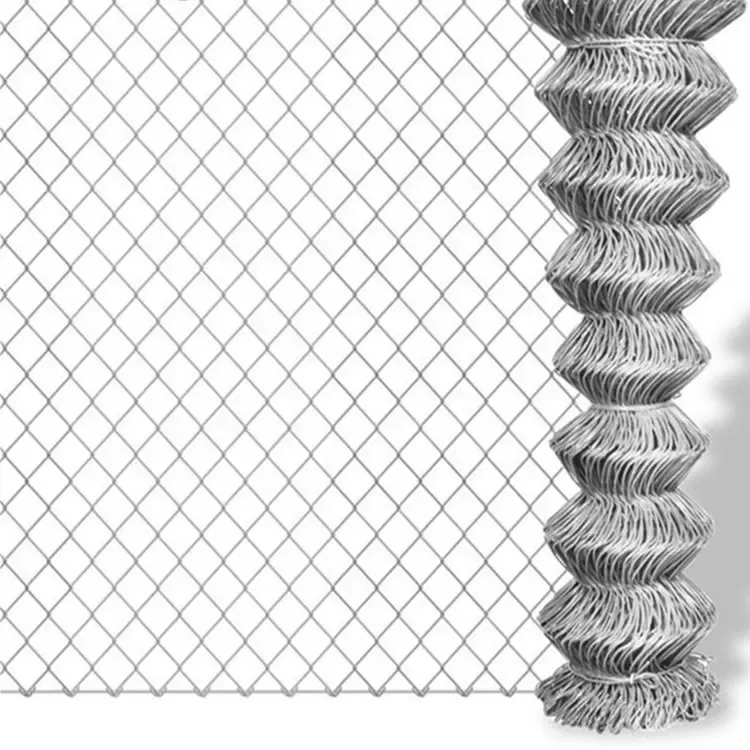
- Afrikaans
- Albanian
- Arabic
- Armenian
- Azerbaijani
- Basque
- Belarusian
- Bengali
- Bosnian
- Bulgarian
- Croatian
- Czech
- Danish
- Dutch
- English
- Esperanto
- Estonian
- Finnish
- French
- Galician
- Georgian
- German
- Greek
- hawaiian
- Hindi
- Hungarian
- Indonesian
- irish
- Italian
- Lao
- Latvian
- Lithuanian
- Luxembourgish
- Macedonian
- Maltese
- Myanmar
- Norwegian
- Polish
- Portuguese
- Romanian
- Russian
- Serbian
- Slovak
- Somali
- Spanish
- Swedish
- Thai
- Turkish
- Turkmen
- Vietnamese
dec . 05, 2024 15:21 Back to list
farm field fencing
Farm Field Fencing An Essential Component of Agricultural Success
Farm field fencing is a critical aspect of successful agriculture, playing a vital role in protecting livestock, safeguarding crops, and managing land. Effective fencing not only keeps farm animals from straying but also prevents wild animals from invading. This benefits farmers immensely, allowing them to focus on cultivation with fewer worries about the risks associated with lost livestock or damaged crops.
Types of Fencing Materials
When it comes to farm field fencing, there are several types of materials to choose from. The most common options include barbed wire, woven wire, electric fencing, and wooden fencing. Each type has its own advantages and suitability depending on the specific needs of the farm.
1. Barbed Wire Fencing This is one of the most popular and economical options. Barbed wire is particularly effective for containing livestock like cattle and sheep. The sharp barbs deter animals from pushing against the fence, reducing the risk of escape. However, while it is cost-effective, it may not be suitable for all types of livestock, especially smaller animals that can get tangled.
2. Woven Wire Fencing This type of fencing provides a sturdier option, suitable for enclosing larger areas or protecting gardens and crops. The woven wire is often used in conjunction with wooden posts and is ideal for containing smaller animals like goats and pigs that require more secure barriers to prevent digging under the fence.
3. Electric Fencing Increasingly popular among farmers, electric fences can effectively manage livestock and protect crops by delivering a mild electric shock. This type of fencing is particularly useful for keeping animals within set boundaries while also deterring wildlife from accessing crops. Electric fencing systems can be designed with various configurations to meet specific agricultural needs.
4. Wooden Fencing A more traditional option, wooden fencing is aesthetically pleasing and durable when properly maintained. It is often used for high-visibility areas or for decorative purposes in home settings. Although more expensive and requiring regular maintenance, wooden fences can provide excellent protection in the long term and serve as a barrier for various types of livestock.
farm field fencing

Benefits of Proper Fencing
The benefits of well-planned farm field fencing extend beyond simple containment. Here are a few key advantages
- Protection of Resources Fencing is essential in protecting valuable resources including feed storage and crops from theft or damage by wild animals. Effective fencing enhances farm security, ensuring that investments in time and resources are not lost.
- Disease Management Isolating livestock with effective fencing can help manage health and disease by preventing contact with outside animals. This is crucial in maintaining herd health and managing outbreaks of disease that could affect the farm’s livelihood.
- Land Management With fencing, farmers can create designated grazing areas, rotate pastures, and manage land more efficiently. This practice not only benefits the health of the soil but also ensures a sustainable environment for both crops and livestock.
- Regulatory Compliance In many regions, there are regulations regarding livestock management and land use that require certain fencing standards to be met. Proper fences help farmers adhere to these regulations, avoiding legal issues and potential fines.
Conclusion
In conclusion, farm field fencing is more than just a boundary; it is a pivotal component of effective agricultural management. By selecting the appropriate fencing type tailored to the specific needs of their operation, farmers can enhance their productivity, protect their investments, and ensure efficient land management. As agriculture continues to evolve, so too does the technology and materials available for fencing, providing farmers with more innovative options to meet their operational needs. Thus, investing in quality fencing today can yield substantial rewards in the future, enabling farmers to sustain their livelihood while contributing to the overall food supply.
-
Versatile Sheep and Livestock Hurdles for Sale
NewsApr.14,2025
-
The Rise of BRC Fencing
NewsApr.14,2025
-
High-Quality Cattle and Horse Panels for Sale
NewsApr.14,2025
-
Durable Cattle Fencing Solutions
NewsApr.14,2025
-
Double Wire Fencing Solutions
NewsApr.14,2025
-
360 Degree Protection with 358 Anti-Climb Fences
NewsApr.14,2025


